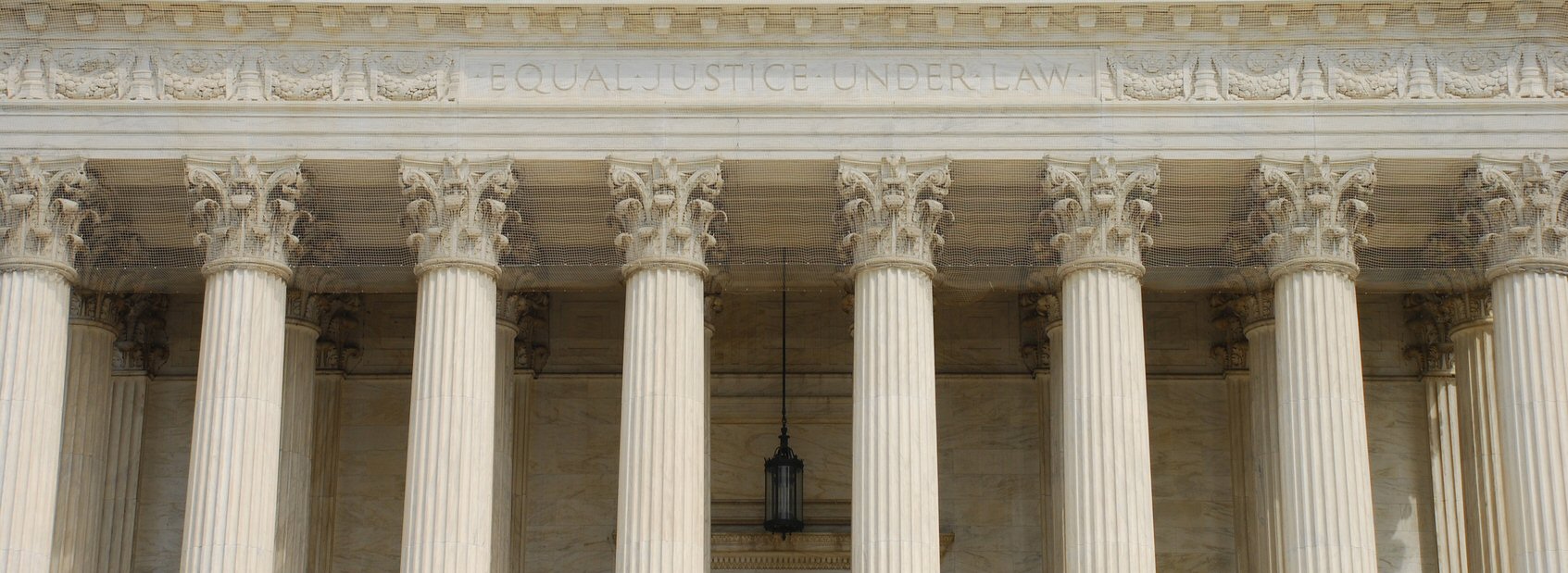Position Statement – 2023
Clean Slate Act
S.211-A (Myrie) / A.1029-A (Cruz)
Support
The Women’s Bar Association of the State of New York (WBASNY) supports the laudable goals of the Clean Slate Act which amends the Criminal Procedure Law, Executive Law, and the Correction Law, relating to automatic sealing of certain criminal convictions; however, WBASNY recommends modifications to the legislation to protect the public.
BACKGROUND
This bill adds a new section to the Criminal Procedure Law (“CPL”), § 160.57, automatically sealing most felony convictions seven (7) years after the date of sentencing or incarceration and sealing misdemeanor convictions, including DWI convictions under Vehicle and Traffic Law § 1192, three (3) years after sentencing. In order to qualify for automatic sealing, the individual must not have any pending criminal matters or active warrants and must not be under the supervision of parole or probation. Convictions for sex offenses, as defined in Correction Law § 168-a, are ineligible for sealing. The bill further amends Executive Law § 296 to make it an unlawful, discriminatory practice for any unauthorized agency, bureau, or corporation, to inquire about convictions which have been sealed under CPL § 160.57, in relation to licensing, housing, employment, or providing of credit or insurance.
WBASNY’s PROPOSED MODIFICATIONS:
WBASNY respectfully suggests the following additions and amendments to the proposed bill:
1. It should be made explicit that to qualify for sealing, an individual must not have any pending criminal matters or active warrants in New York State or any other jurisdiction and must not be under the supervision of parole or probation in New York State or any other jurisdiction.
2. To avoid the possibility of rolling convictions and sealing, re-offending and sealing, WBASNY recommends limiting the number of offenses that can automatically be sealed in one’s lifetime.
3. WBASNY suggests it be made explicit that individuals who are convicted of committing a Class A Violent Felony, as defined in Penal Law sections 70.00 and 70.02, are ineligible because these individuals would be on lifetime parole or supervision.
4. WBASNY suggests that it be made explicit that sealing shall only occur at the expiration of the final/actual sentencing period, including but not limited to periods of incarceration, parole, probation and any other time for which the individual has received a credit off the original sentence.
5. While the legislation provides the sealed records of conviction shall be accessible to certain state and public entities exercising their governmental responsibilities, it should also allow access by private entities in the business of providing care for particularly vulnerable populations, including but not limited to providers of child care, home health care, and care of the elderly. For example, providers of transportation for school-aged children should be able to request information regarding sealed records of potential employees.
New York presently has laws to allow certain criminal records to be sealed, but the convictions must be at least ten (10) years old and individuals must still serve a Sealing Motion upon the District Attorney’s Office, a process which can be extremely difficult to do without legal assistance. By enacting the Clean Slate Act, New Yorkers with criminal justice involvement will no longer be punished in this manner after “paying their debt to society.” These individuals will be provided an opportunity for a “fresh start” to become thriving, contributing members of their communities a goal which WBASNY supports.

